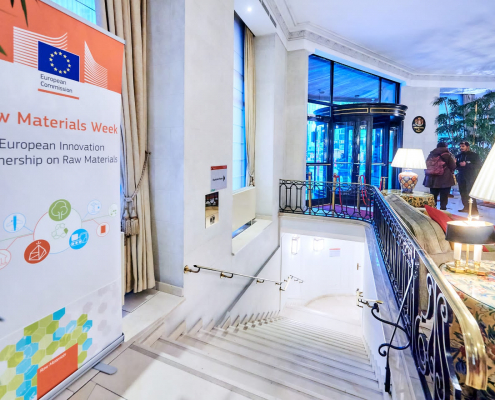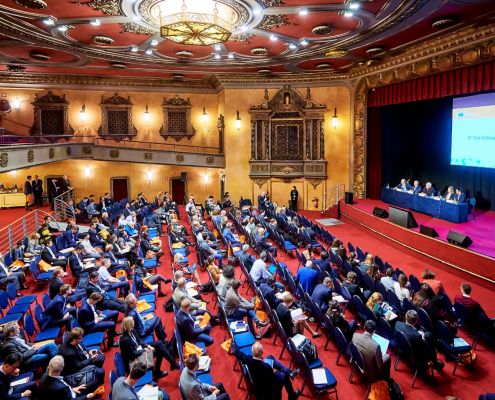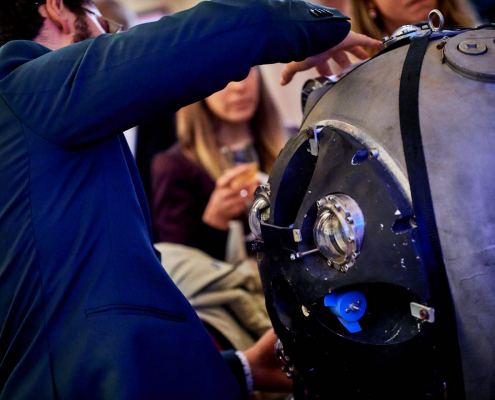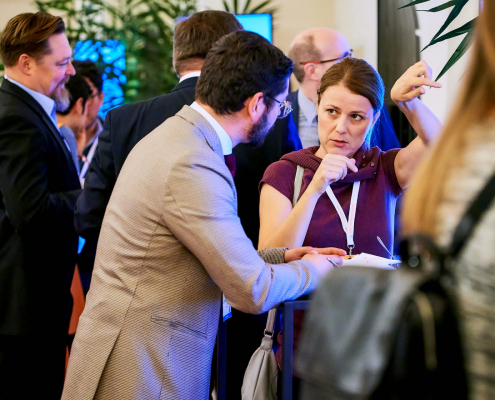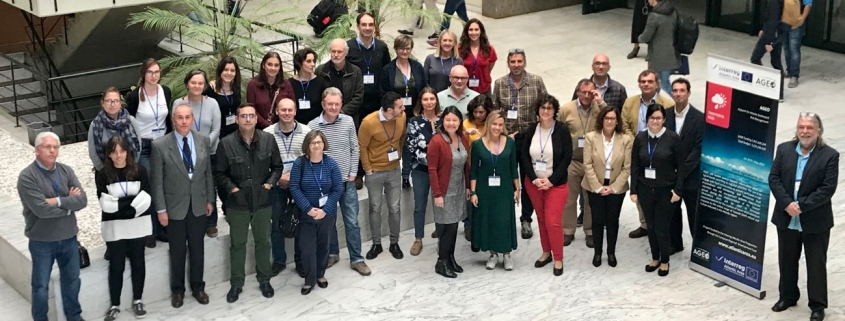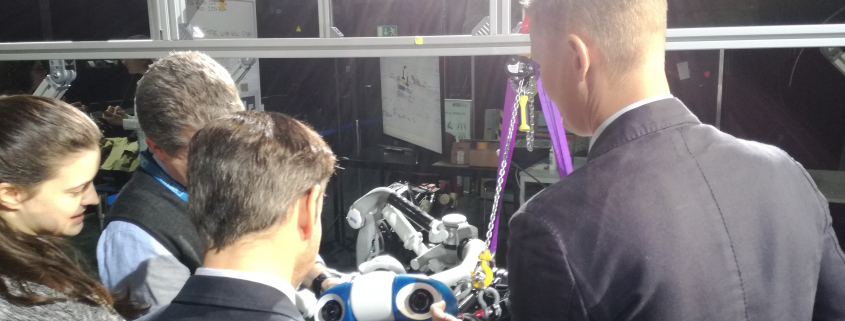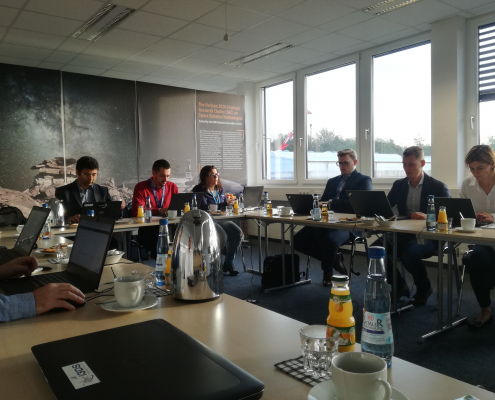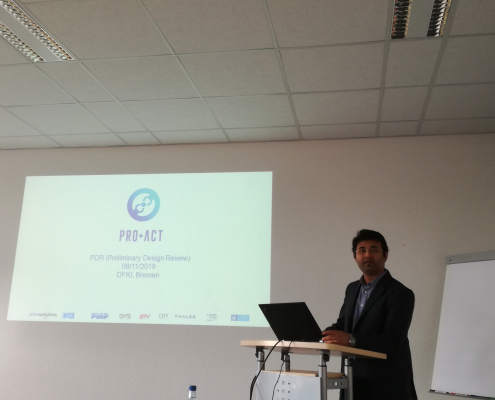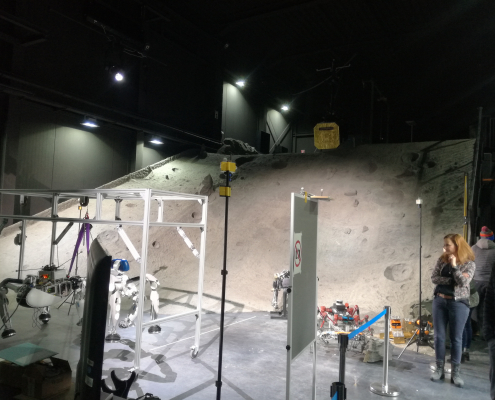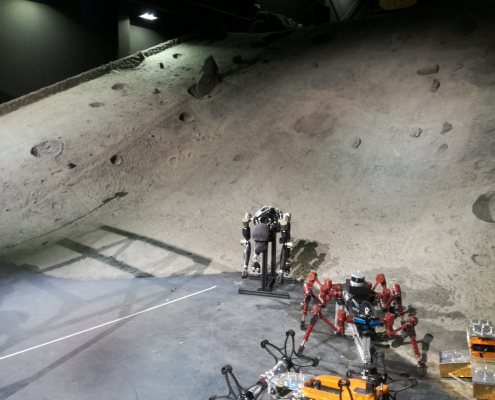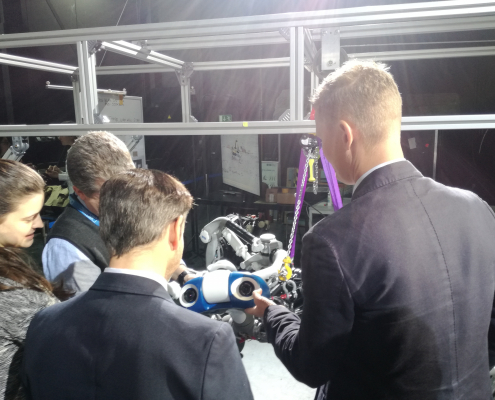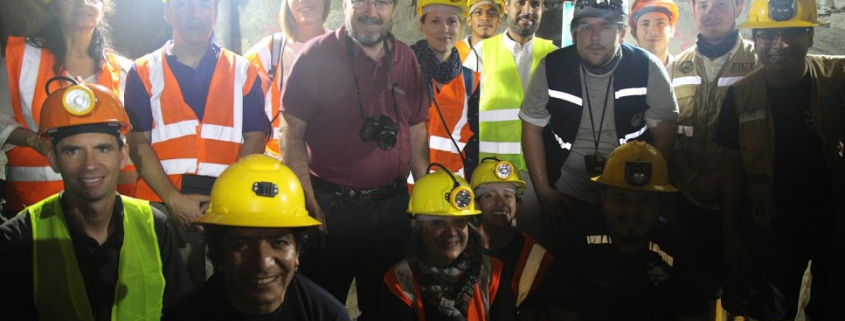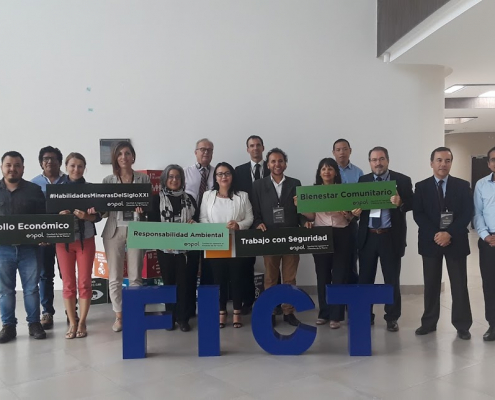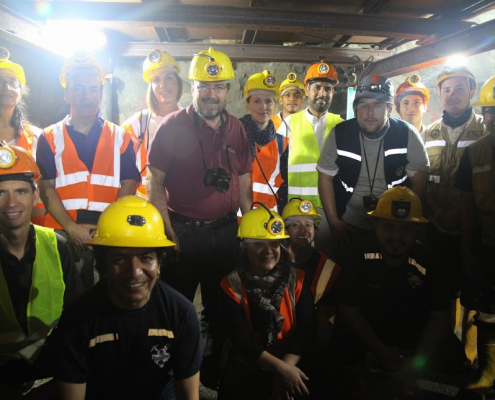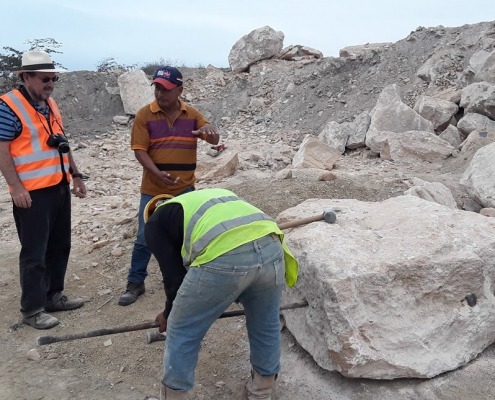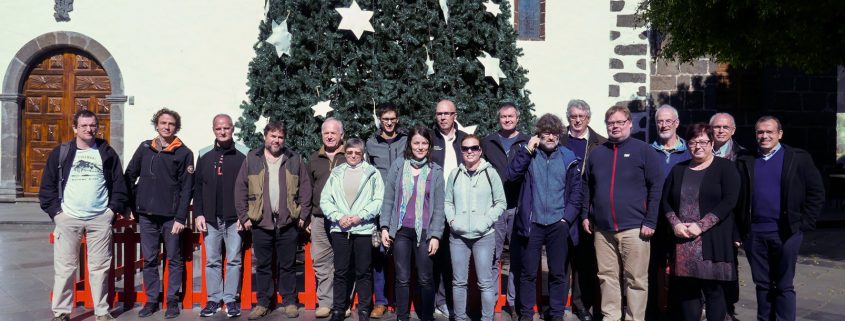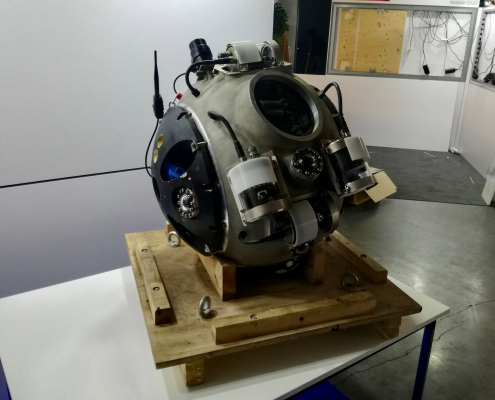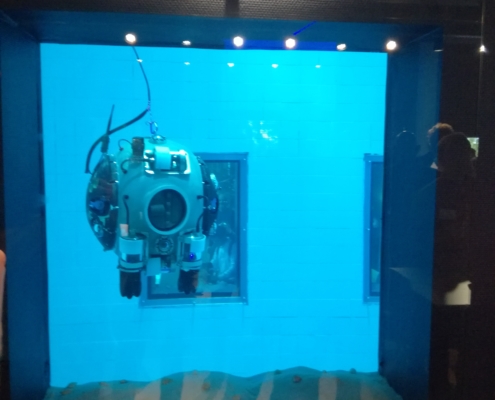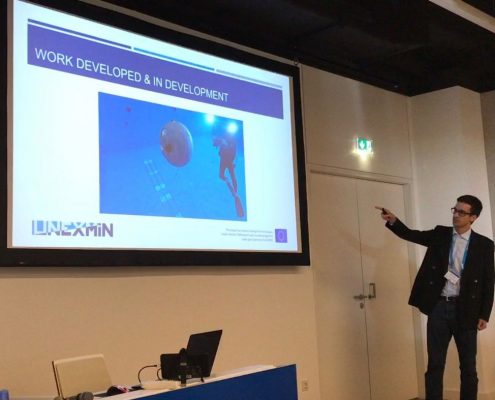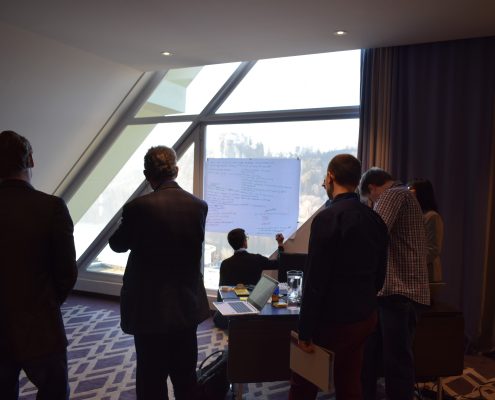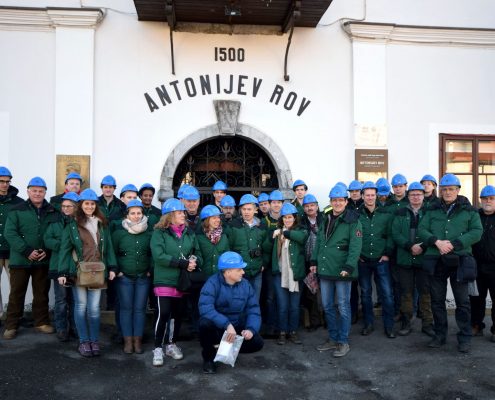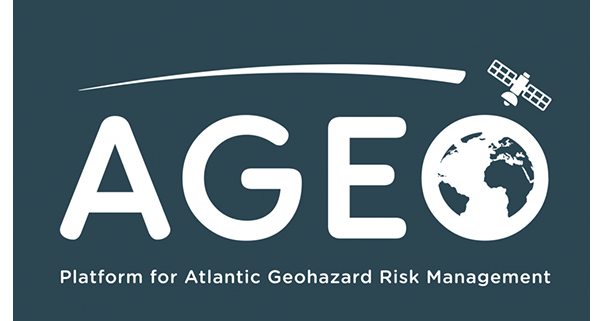Geothermal event, Brussels
On the 4th and 5th of February, the Geothermal community gathered in Brussels to expose the state of the art of geothermal energy in Europe and discuss best practices. On this occasion, La Palma Research Centre and the CROWDTHERMAL project were present to participate in these discussions. During these events, 3 main topics were discussed.
Firstly, the preliminary results of the GEOENVI project were unveiled. GEOENVI is an European funded project whose aim is to answer environmental concerns in terms of both impacts and risks, by first setting an adapted methodology for assessing environment impacts to the project developers, and by assessing the environmental impacts and risks of geothermal projects operational or in development in Europe. The presentation unveiled the results of on-going work: state of the art and characteristics of geothermal plants in the EU, First draft of Life Cycle Assessment and legislative background on geothermal of GEOENVI´s selected cases study (e.g. Hungary and Italy).
Secondly, the presentation of GEOENVI paved the way to environmental concerns regarding geothermal plants. For that matter, the project partners published their Life Cycle Assessment (LCA), guidelines for geothermal plants. These guidelines will be made public to help monitor all the eventual risk encountered during all four phases of a geothermal project (e.g. exploration, drilling, operation and decommission) and tools to mitigate these risks to render any geothermal operation context as safe as possible both for the environment and surrounding communities.
Finally, EGEC monitored a group discussion on the influence of the public regarding geothermal plants in the EU.
Based on an Italian case study, public acceptance towards geothermal plants has the potential to save or kill geothermal projects. Thanks to the insight of Croatian and Hungarian experts, the group reached a consensus: in order to be successful, any geothermal project has to communicate in a transparent manner with local population, show the benefits of geothermal over other sources of energy and the direct perks of having district heating thanks to geothermal. The group discussion also concluded that crowdfunding schemes should be explored to incentive local population to have a direct impact on energy production (being either electricity or heating and cooling). This latter remark is particularly relevant for the CROWDTHERMAL project. This Horizon2020 project aims to empower the European public to directly participate in the development of geothermal power projects with the help of alternative financing schemes (e.g. crowdfunding) and social engagement tools.

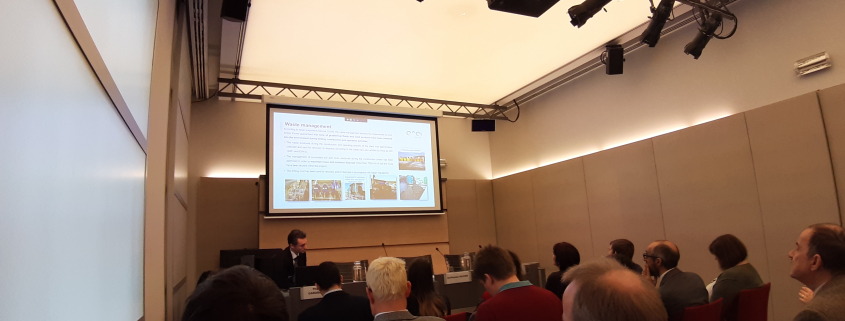
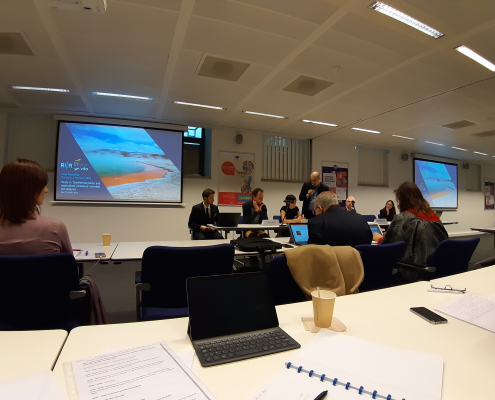
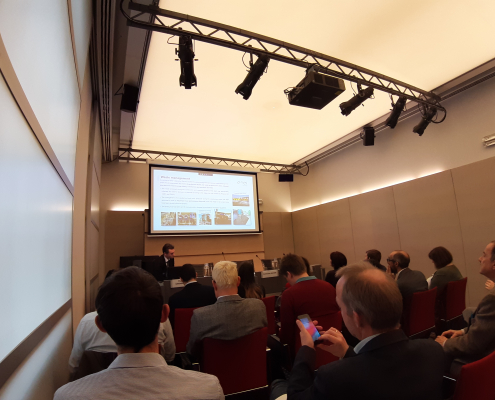
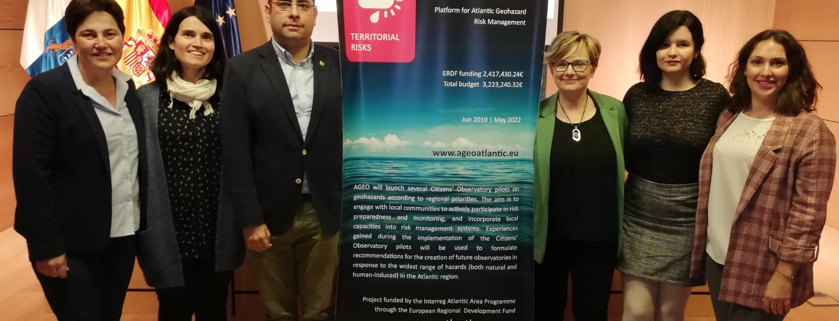
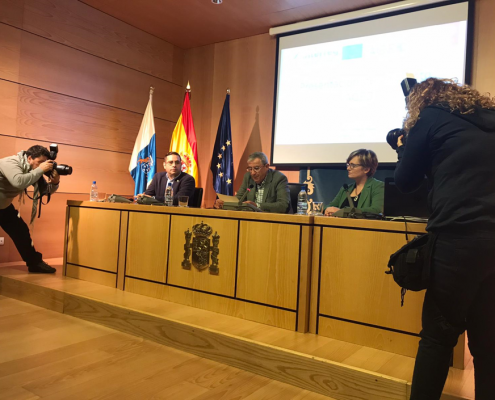
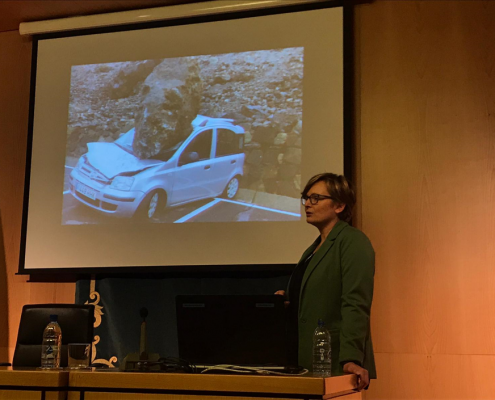
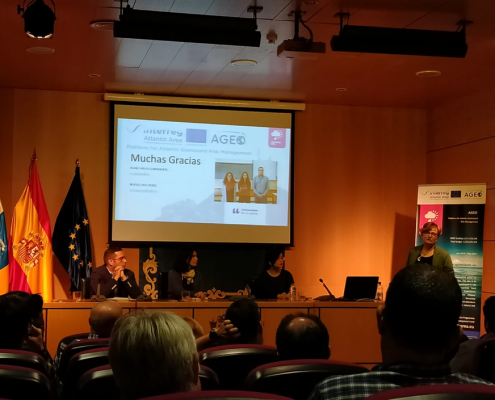
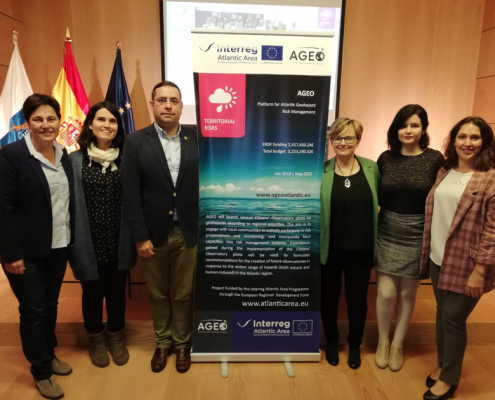
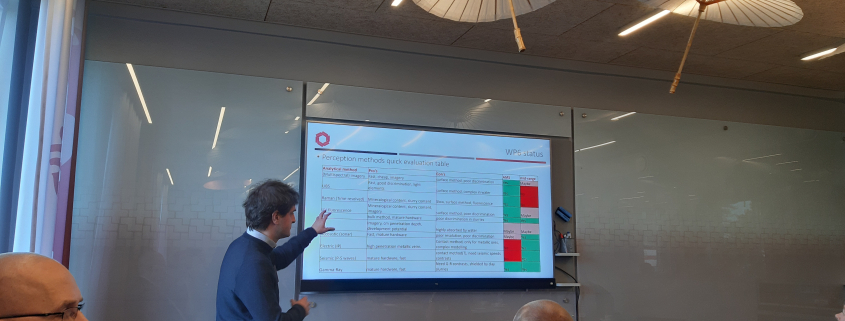
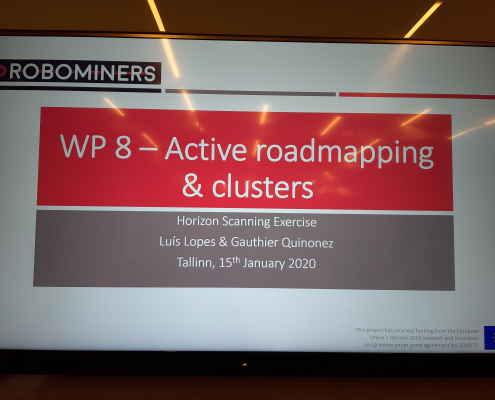
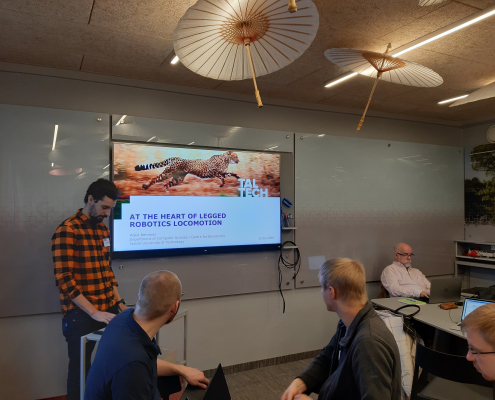
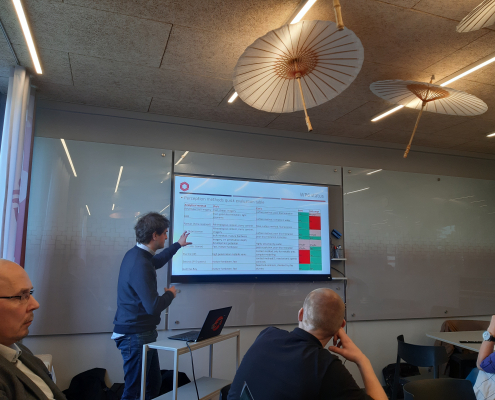
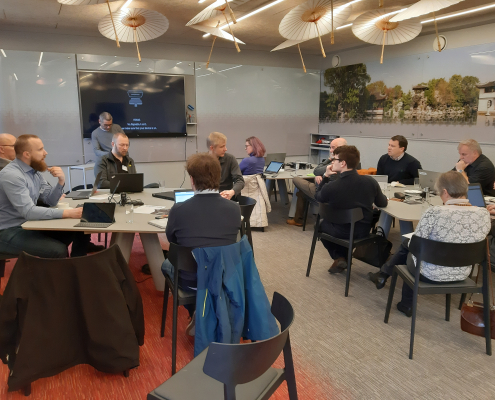
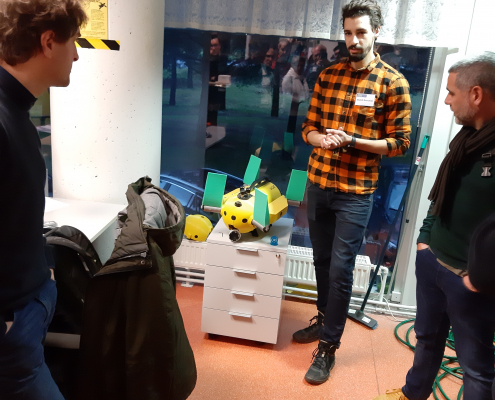
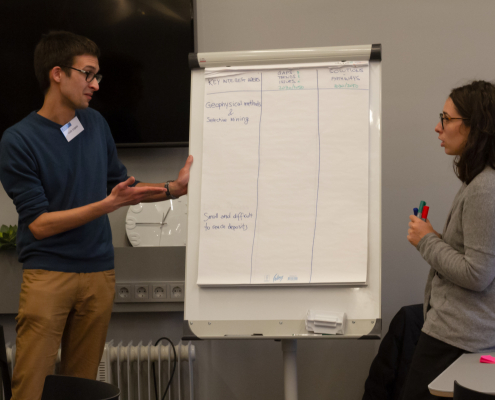
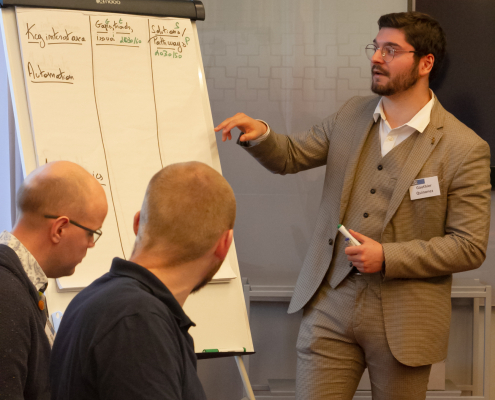
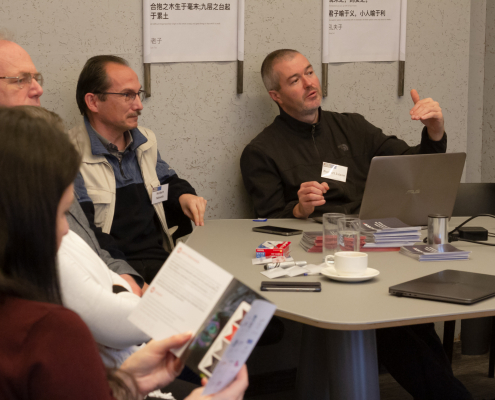
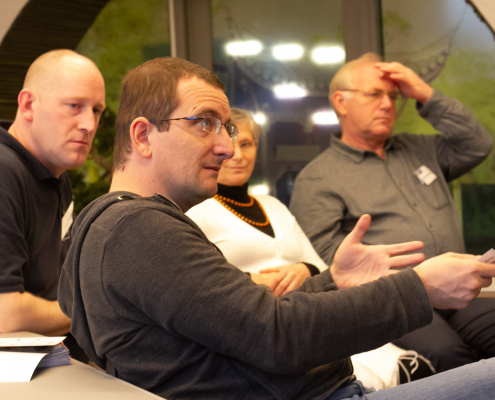
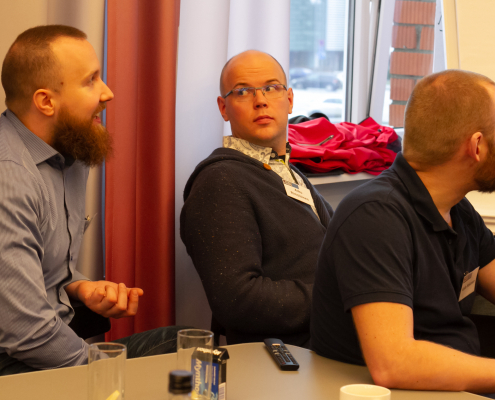
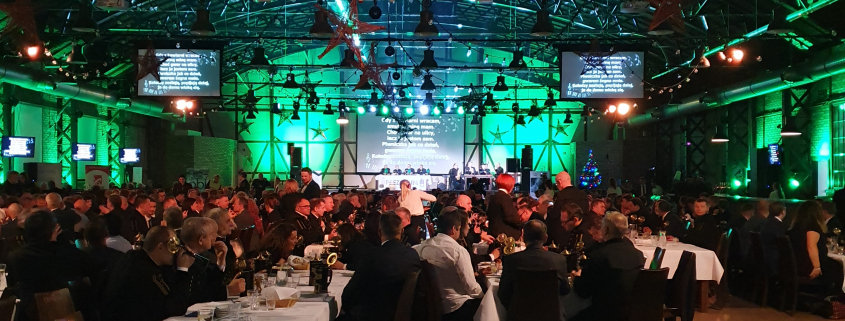
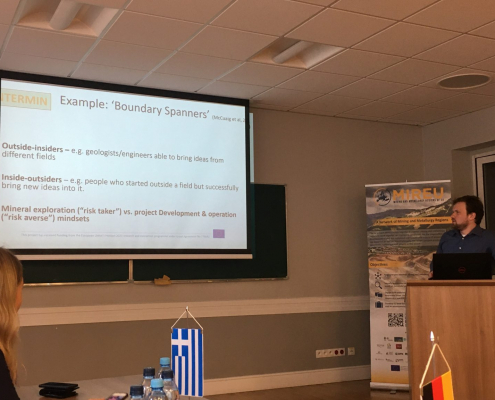
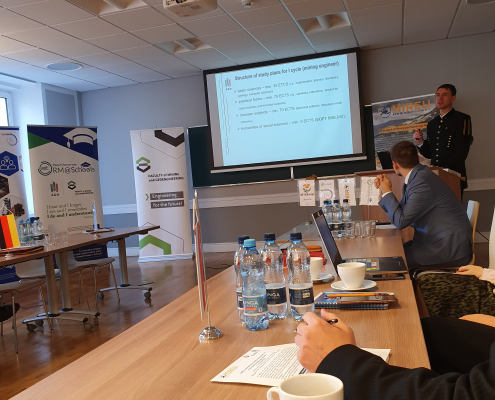
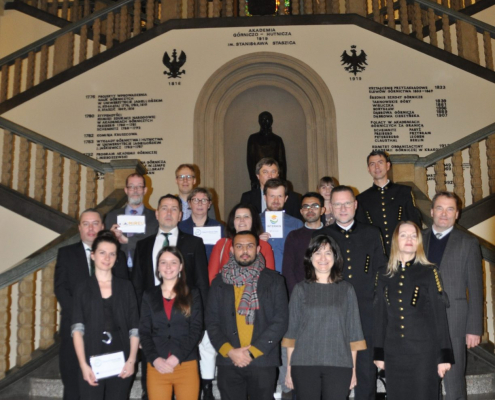
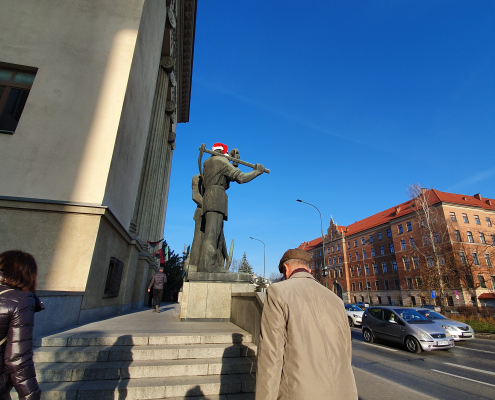
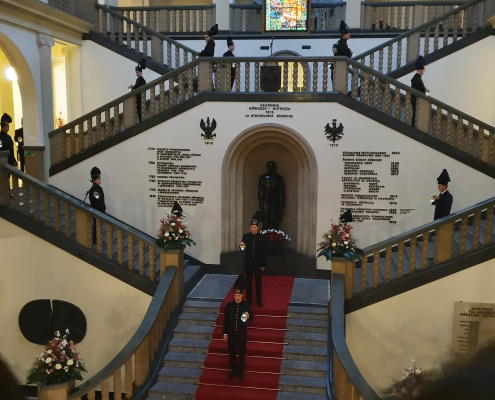
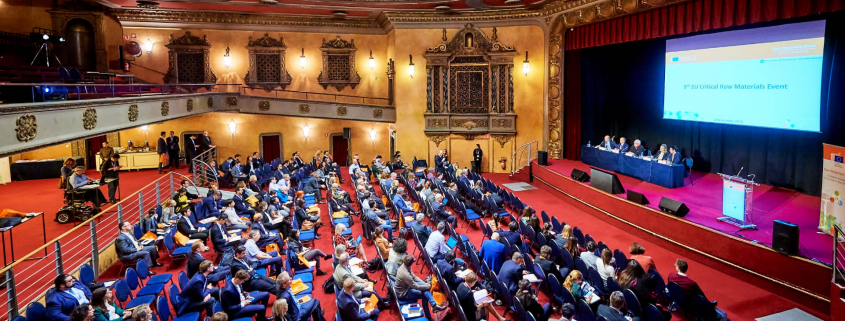 Raw Materials Week
Raw Materials Week